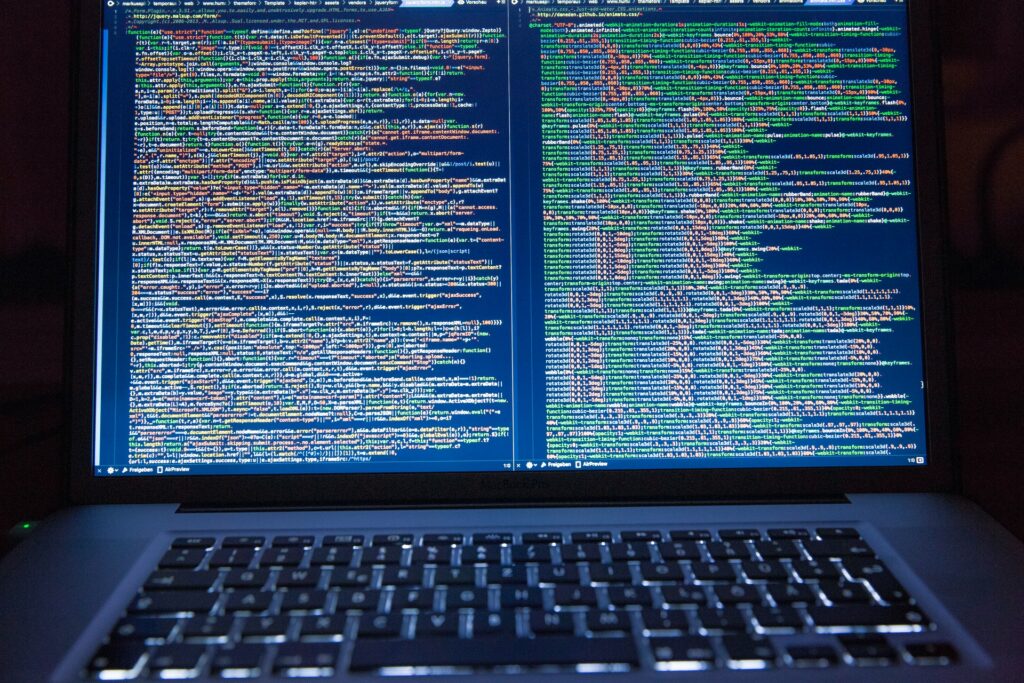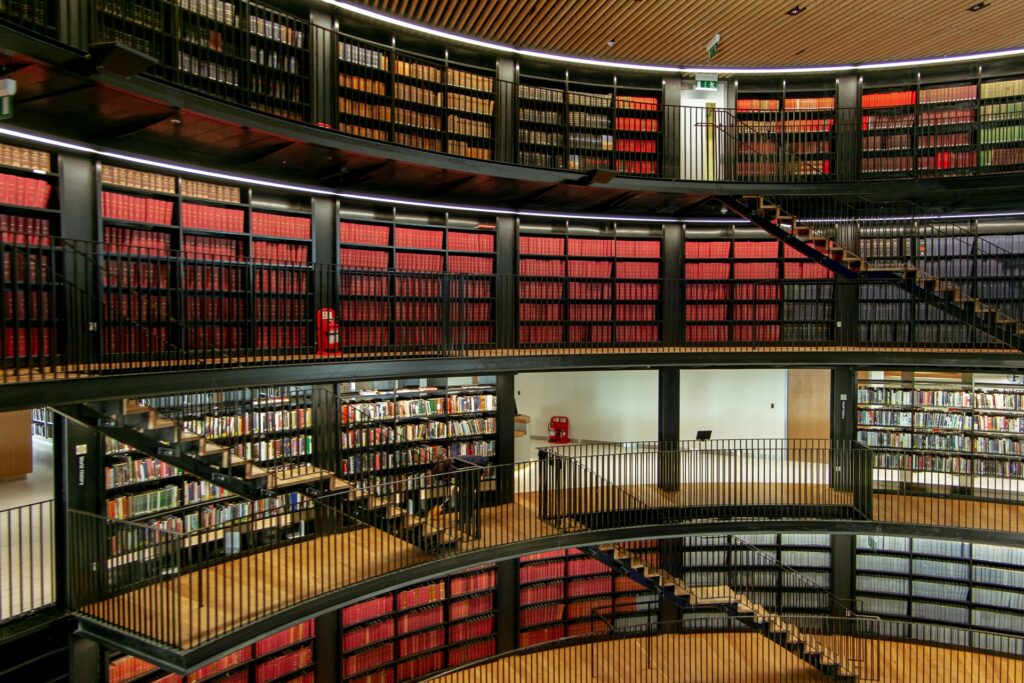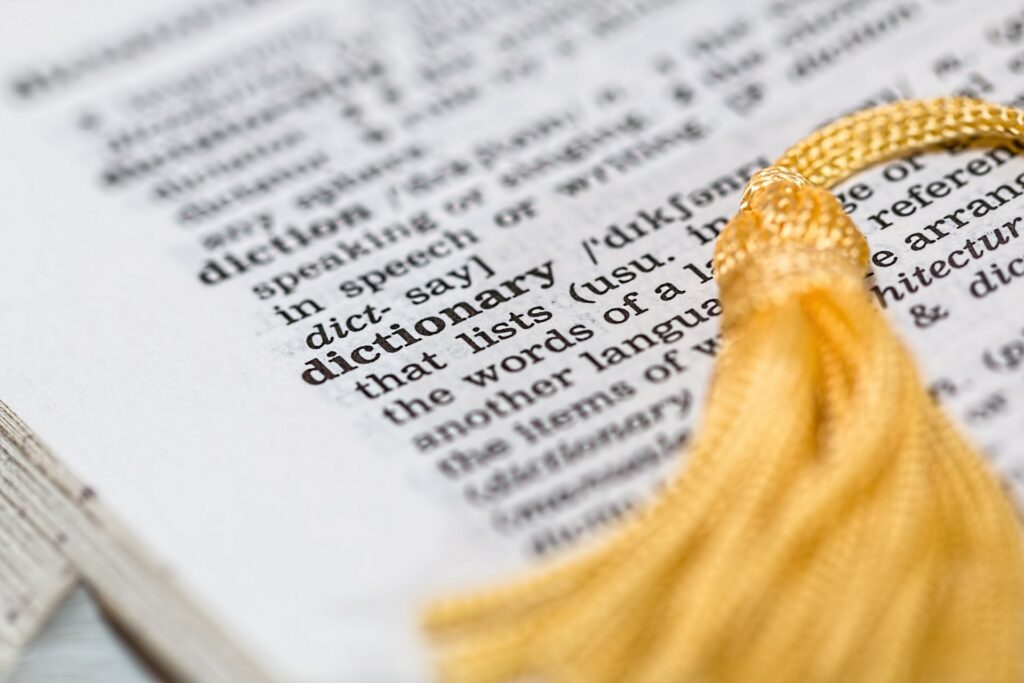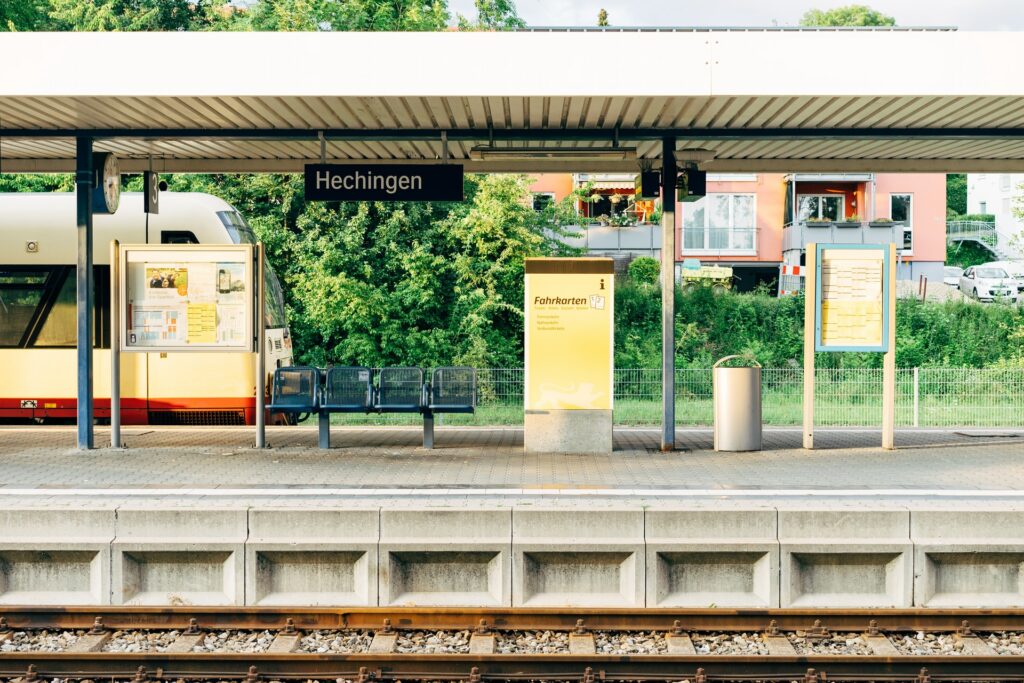Work Packages
About CLS INFRA WORK PACKAGES
CLS INFRA comprises nine Work Packages (WPs) which organise and conduct several distinct strands of activity: project management; communication and dissemination; methodological considerations; training and skills; data curation and selection; consolidating and preparing data; building programmable corpora; corpus enrichment and NLP toolchains; and transnational access to key collections and methods.
You can find more information on our individual researchers here.
WP1

Work Package 1 is led by Prof. Maciej Eder.
Its function is to monitor and coordinate the overall project with respect to administrative, financial and technical cooperation, maintaining communication flow between partners, and acting as the single point of contact for the Commission for the project. It also provides strategic direction for the project and monitors and manages the overall project progress. WP 1 also ensures effective data management for the project as a whole
WP2

Work Package 2 is led by Dr Justin Tonra.
Its objective is to build awareness for CLS INFRA with appropriate measures according to the specific stakeholder groups, to generate materials and instruments by which to promote project activities and results and build the wider project network, and to plan and document project communication, dissemination and exploitation activities.
WP3

Work Package 3 is led by Prof. Dr. Christof Schöch.
It aims to consolidate the CLS community by establishing user requirements and by documenting and disseminating methodological best practices. It also aims to raise awareness among the wider community of CLS researchers and beyond regarding key issues that might hinder the progressive development and uptake of shared research infrastructures as well as showcase successful areas of application. WP 3 supports the adaptation of relevant new methods from other fields into CLS to increase excellence and innovation in CLS research and explores the utility of literary data as a research asset beyond the community of CLS research.
WP4

Work Package 4 is led by Prof. Dr. Karina van Dalen-Oskam.
Its function is to inform CLS INFRA development with a baseline analysis of the skills required for CLS, the existing resources for acquiring these skills, and the gaps that exist. It also develops and delivers materials and curricula for the acquisition of CLS skills for researchers with a variety of goals and experience baselines.
Wp5

Work Package 5 is led by PD DR. Michal Mrugalski.
It reviews the data landscape for literary studies, including issues of both what is available and how it can be accessed. It also examines the institutional perspective on literary data sharing for research use, producing case studies to illustrate best practice and policy instruments to inform it.
WP6

Work Package 6 is led by DI Matej Ďurčo.
It aims to build an inventory to capture the heterogeneous landscape of data sources and available formats defined by WP 5 in relation to the tools and services in the ecosystem to process these. It will also establish a toolkit to facilitate comparability and integration among corpora, including conversion tools for transformations between existing formats and formats expected by the diverse components of system and improve functionality for the TEI standard within CLS research while also taking the requirements of approaches based on other standard into account.
Wp7

Work Package 7 is led by Prof. Dr. Peer Trilcke and Prof. Dr. Frank Fisher.
Its objective is to integrate and federate purpose-specific research data in an open distributed ecosystem to stabilise and facilitate access to data (related to the Linked Open Data cloud), thereby broadening the CLS research community and fostering comparative research on transnational corpora. It also aims to: establish interoperability concepts for the whole CLS field by offering APIs to tailor the access to bespoke information for different target groups, application scenarios, methods, and tools; to increase the level of reproducibility in CLS by developing a concept of versioning corpora and APIs; and to develop concepts and technical solutions for CLS research on copyright material in order to explore the possibilities of reproducible research on 20th and 21st century literature.
Wp8

Work Package 8 is led by Dr. Julie M. Birkholz.
It aims to optimise the availability of fundamental NLP tools within a workflow for literary texts, to support wider use of NLP toolchains in literary research with enhanced multilingual workflows, and to develop a suite of workflows and prototypes to facilitate common research tasks within literary studies using NLP enrichments.
Wp9

Work Package 9 is led by Marco Raciti.
Its function is to ensure that the CLS INFRA TNA programme is accessible via a transparent and scientifically assured process and to support the needs of all CLS INFRA TNA Fellows before, during and after their access periods.

